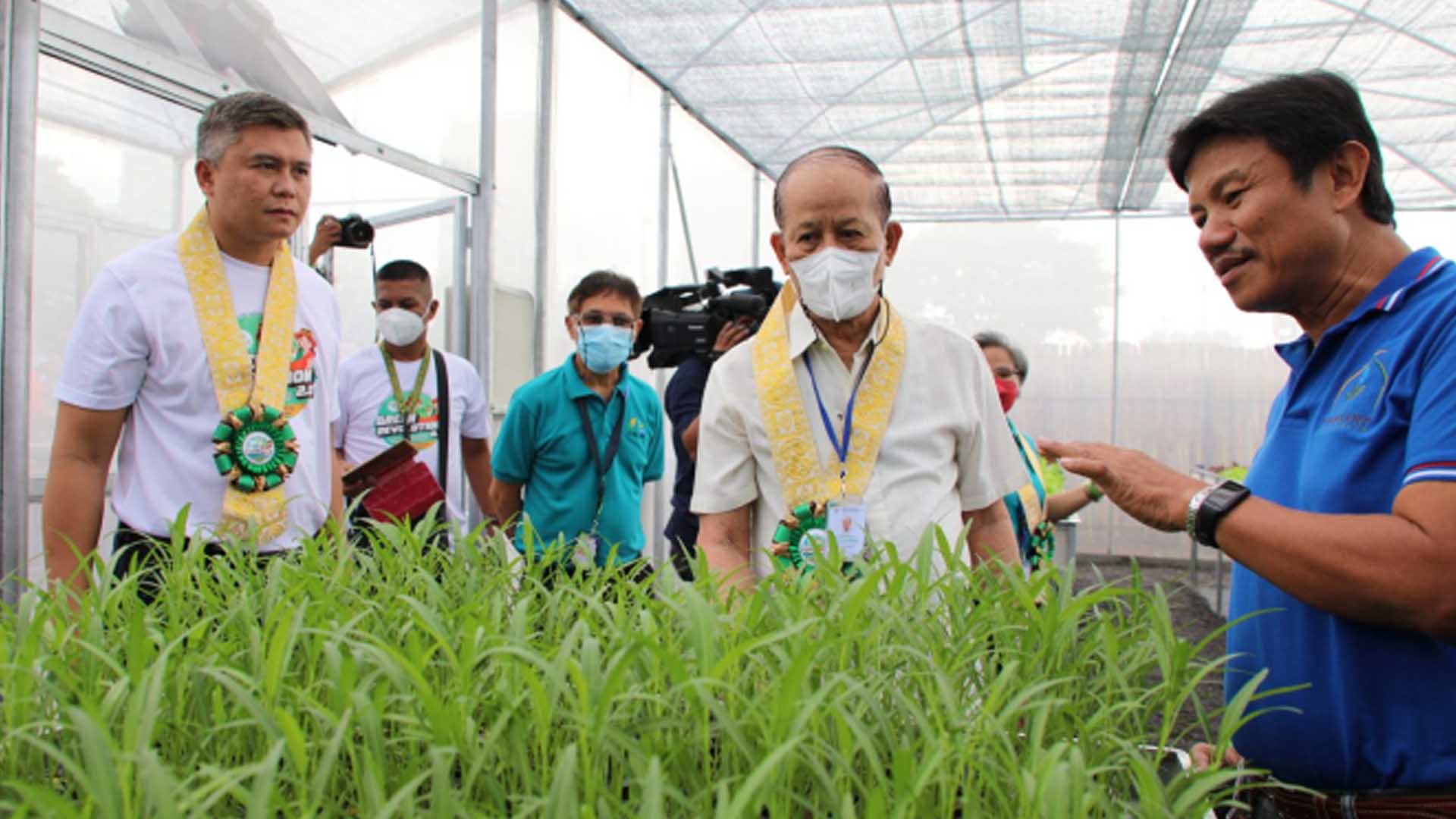More communities will be expected to maintain their own vegetable gardens under President Ferdinand R. Marcos’ new program launched to improve the nutrition of Filipinos by increasing the production and supply of fresh fruits and vegetables in the urban, peri-urban and rural areas.
The Department of Agriculture (DA) through the Bureau of Plant Industry (BPI) announced that it launched on Wednesday the “Green Revolution 2.0: Plants for Bountiful Barangays Movement (Luntiang Ani ng Mamayan).”
During the kick-off ceremony at the Rizal Park in Manila, a ceremonial planting of “ampatola” or grafted ampalaya, scion, patola and rootstock was held.
Under the program, Filipino are encouraged to plant vegetables in their homes to help ease the burden of the country’s food system and supply chain.
Planting vegetable gardens is expected to increase the production and supply of fresh fruits and vegetables, as part of efforts to help the country achieve food security.
The DA will set up provincial production centers that will serve as consolidation areas for producers and consumers to ensure the sustainability of the program.
It has also earmarked funds to support the purchase of inputs such as seeds and garden materials, to be provided to participating barangays.
DA Undersecretary Domingo F. Panganiban graced the kick-off ceremony, which was also attended by other DA and BPI officials, representatives of the local government units of Metro Manila and other government agencies.
Panganiban said the success of the initiative relies on the involvement, engagement and collaborative efforts of all key stakeholders.
Under a Memorandum of Understanding, the National Parks Development Committee will serve as the caretaker of the Luneta vegetable garden, which is now open to the public.
The garden showcases various cropping technologies such as vertical and containerized gardens and protective cultivation systems including a nursery, fruit-vegetable grafting, hydroponics and raising beds.
The launching of the Green Revolution 2.0 also marked the nationwide simultaneous planting of vegetables in different barangays, spearheaded by the DA’s Regional Field Offices and five National Centers and Regional Stations of the DA-BPI.
Malacañang earlier said the Marcos administration continues to prioritize efforts to achieve safe, nutritious and affordable food for all.
The Palace said part of these efforts is providing support to farmers and fisherfolk in caring for the environment.
Marcos, who currently heads the DA, has been vocal about putting a premium on investments in food security.
He said governments must provide solutions and financial support to farmers and fisherfolk to adopt new technologies and connect to national and global value supply chains. (PNA)







